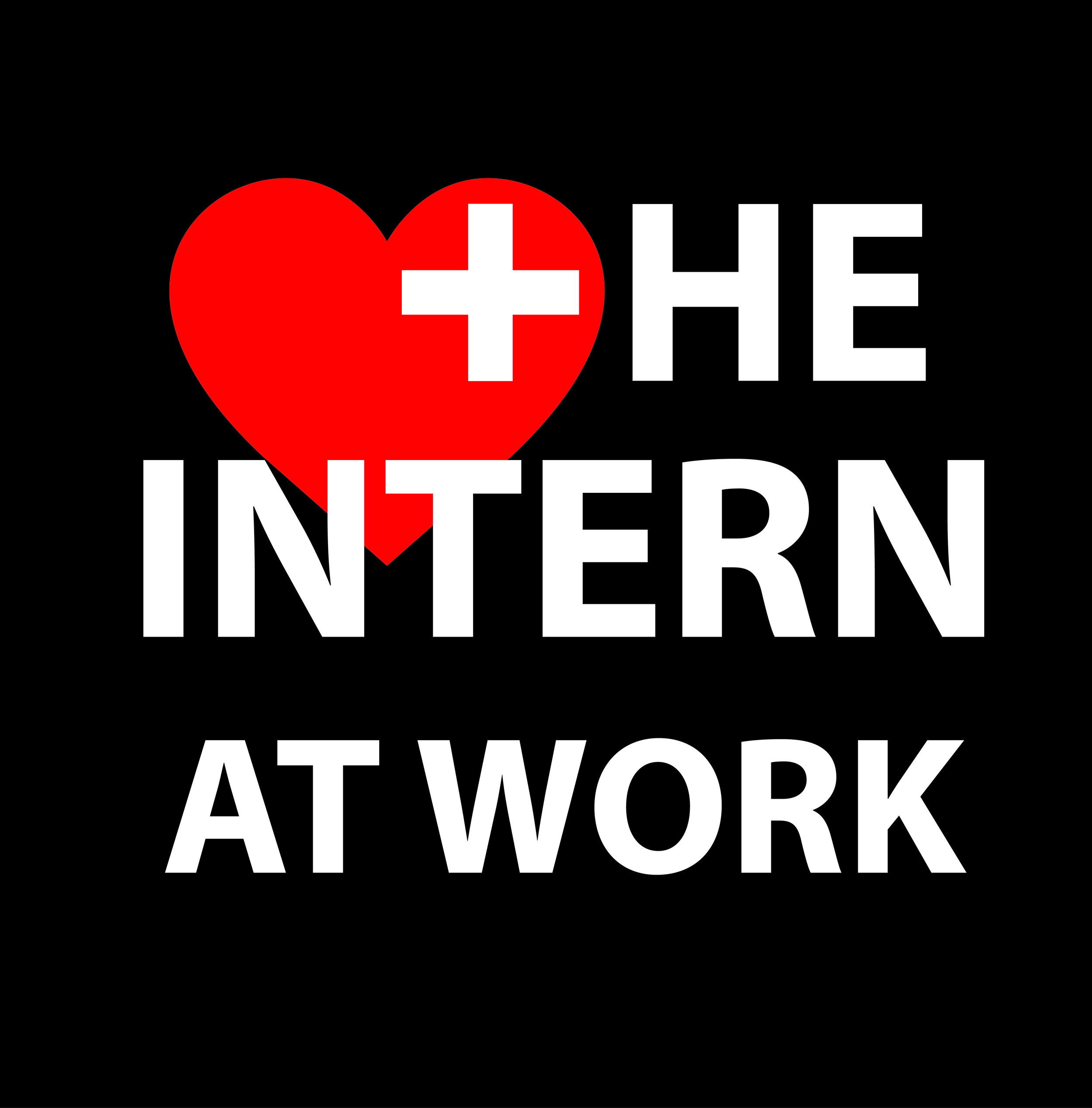Day 3 - Inflammatory Bowel Disease
Acute in-hospital management of IBD Flare
Clinical Manifestations: Diarrhea, bloody stools, mucous stools, abdominal pain, systemic symptoms, hypovolemia, hypotension, tachycardia
History:
Current treatment
including Prednisone, immunosuppression therapy, 5-ASA
Last Scope and Findings
Last imaging and findings
Changes in BMs
Systemic symptoms
Severity Assessment:
Mayo Score/Disease Activity Index for UC
Crohn’s Disease Activity Index
Investigations:
Bloodwork: CBC, Electrolytes, Creatinine, CRP/ESR
Imaging: Abdominal X-Ray/CT tomogram to rule out obstruction, toxic megacolon
Stool Studies: C.Diff, Stool Culture, O+P, fecal calprotectin may be helpful
Infection is the most common culprit for IBD flare
General Treatment Considerations:
Gastroenterology Consult
May require repeat endoscopy
Will provide guidance for Steroids, antibiotics, and chronic therapy
Physical Exam:
Daily volume status, bowel movement re-assesment and abdominal exam to monitor for clinical improvement and/or development of toxic megacolon
Medications:
IV Pulse Steroids once infection is ruled out
generally does not need to be done acutely
Antibiotics if evidence of:
Localized peritonitis (indicating microperforation), presence of intra-abdominal or rectal abscess, bowel perforation
Anemia treatment
Usually Iron deficient, consider Venofer 300mg IV infusion
DVT prophylaxis EVEN IF patient has bloody diarrhea
IBD patients are very pro-thrombotic especially during flare
Consider immunomodulators or surgery if non-steroid response (guided by GI)
Nutrition Assessment
Bowel rest only recommended in patients who have toxic megacolon, bowel obstruction
Can continue normal PO intake
If unable to tolerate PO intake, parenteral nutrition (TPN) may be required
Discharge
Connect with outpatient gastroenterologist

